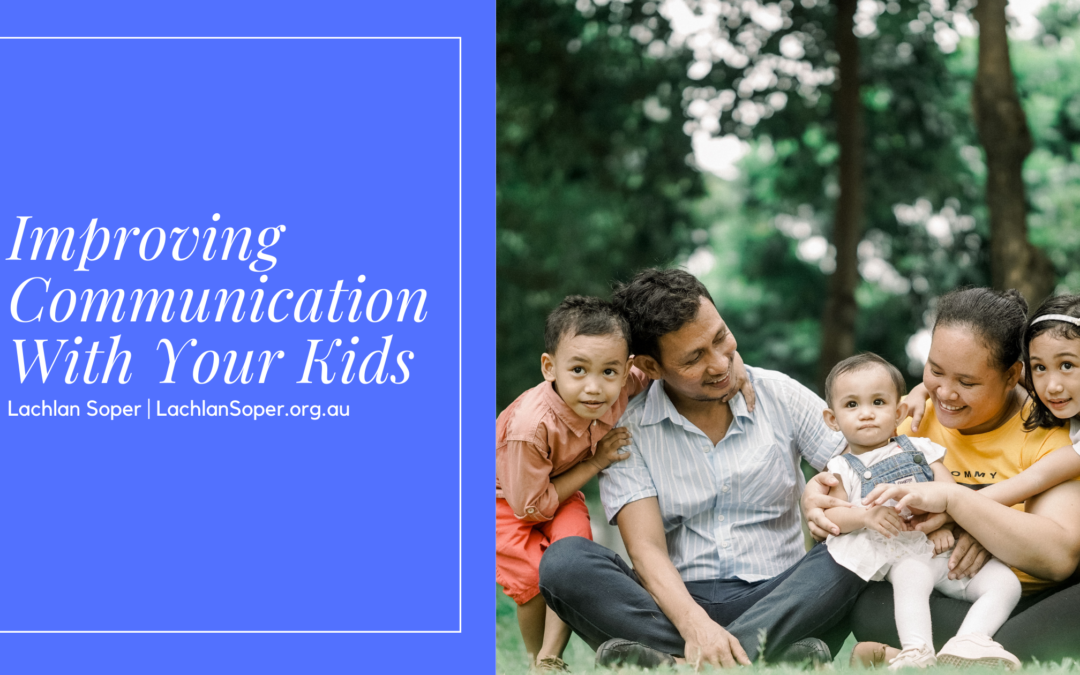If you have kids, it’s only natural that you’re going to talk with them. Ask how their day was, how their friends are doing, how they like school, and so on. However, sometimes, you may find that something’s off with them, whether that’s something at school or just teenage angst. Unfortunately, if you don’t have a line of open communication with your kids, they won’t come to you. You may also feel powerless when wondering how and where to begin to craft a better line of communication. Below are some tips to keep in mind that will help improve your communication with your kids.
Listen fully– with your body as well as your hearing
Children take into account every part of a person’s state of being, and more often than not, they feel more loved if you’re listening to them fully. When a child comes to you to talk, put down your phone, or turn away from your computer. Give your child your full attention, whether that’s just turning to face them, sitting with them on the couch, or even just making eye contact. Helping your child feel heard is an important part of establishing a good line of communication.
Pay attention to unspoken emotions
Kids don’t necessarily have the words to express all of their feelings and emotions, but their body language can speak volumes. Instead of getting angry or frustrated that your child is either shutting down or getting upset, repeat back what they’re telling you. This shows that you value the emotions that they’re feeling because, more often than not, kids feel like their emotions aren’t being taken seriously. Reflective statements show that you’re paying attention to both what they’re saying as well as the emotions that they’re feeling, and it will open the door for further conversation.
Have empathy for your child’s feelings / validate their feelings
Empathy is one of the most powerful tools that you can use to craft a better relationship with your child. This allows you to not only try and understand your child but also validate their feelings. Acknowledging feelings of anger, frustration, or disappointment can help immensely when your child has a problem. Sometimes, all they need is a person who listens and validates their feelings. They just need to understand that they’re not alone.

